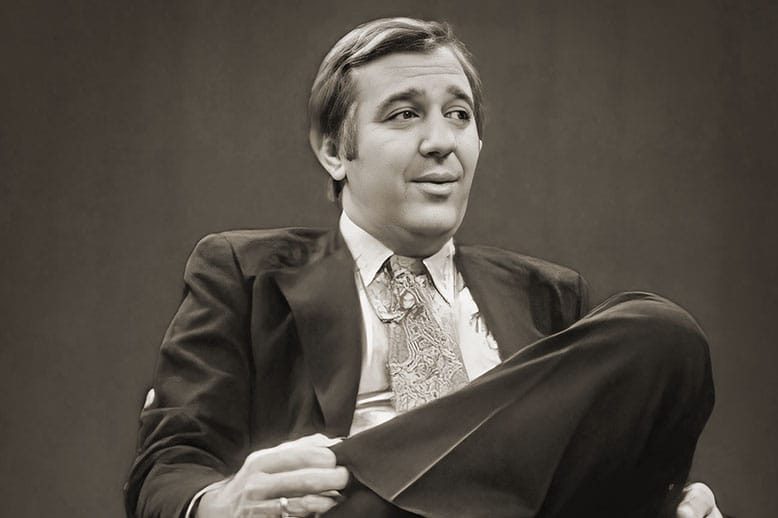
Trenton native Bob Hatrak began his career as a corrections officer back in 1967 when he took on the role as director of education at Trenton State Prison, where he notably started the country’s first college degree program for inmates.
In 1973 at 35 years old, he became the warden/superintendent at Rahway State Prison (now East Jersey Prison), which was notoriously violent at the time. This made Hatrak the youngest warden of a maximum security prison in America.
Hatrak, now 86 and living in Portland, Oregon, recounts the story of his career in corrections in his memoir, Not On My Watch, which he co-authored with his wife, Joan. The book was published earlier this year and can be purchased online.
When you started working at Rahway State Prison in 1973, it was just two years after a riot in which hundreds of inmates held six hostages for 24 hours. What was that like?
There was still a lot of instability. There were groups that were all about extortion, beating other people up, and raiding people’s cells.
How did it compare to your final year working there?
By the time I left in 1979, violence was significantly reduced. Around that time, the American Justice Institute identified the five most stable maximum security prisons in America, and Rahway was one of them. We went from last to first.
Can you describe your approach to prison reform?
We gave inmates an opportunity to become all they could be, but they needed to do it on their own. They had to set their own goals. We had a boxing group that set their career goals around boxing. A group called the Escorts (an R&B group formed in Rahway who performed at Newark Symphony Hall) set their career goals around making albums and records. This approach and these programs helped change inmates’ behavior from criminal to positive.
What was some of the backlash you received over your work to improve the education, skills and well-being of prisoners?
When I took over Rahway in the early 1970s, all the experts writing about prison reform said that rehabilitation is a waste of effort, and what was needed was more prisons and more people incarcerated. My staff and I were swimming against a strong tide of people believing you should lock prisoners up and throw away the keys. We worked against that and were pretty successful.
What prison-reform programs did you initiate and which are you most proud of ?
The main programs I started were Scared Straight, where young offenders spend time incarcerated with prisoners to incentivize them to improve their behaviors, and the Rahway State Prison Boxing Association, a trade school that helped inmates, including light heavyweight champion James Scott, create professional careers in boxing. But I’m most proud of starting the first college program for inmates in the U.S. at Trenton State Prison. I found a college, Mercer County Community College, that would work with our inmates, and set up a program where they could earn an associates degree. We built an electronic network (there was no internet yet) that allowed inmates at other prisons to attend the classes remotely. It has since been expanded to the NJ-STEP Program that involves many prisons and colleges, with hundreds working towards their bachelor’s degrees. We were always ahead of the curve in New Jersey.
[RELATED: Sweet Justice: How a Chocolate-Making Program Helps Formerly Incarcerated]
No one knows New Jersey like we do. Sign up for one of our free newsletters here. Want a print magazine mailed to you? Purchase an issue from our online store.



